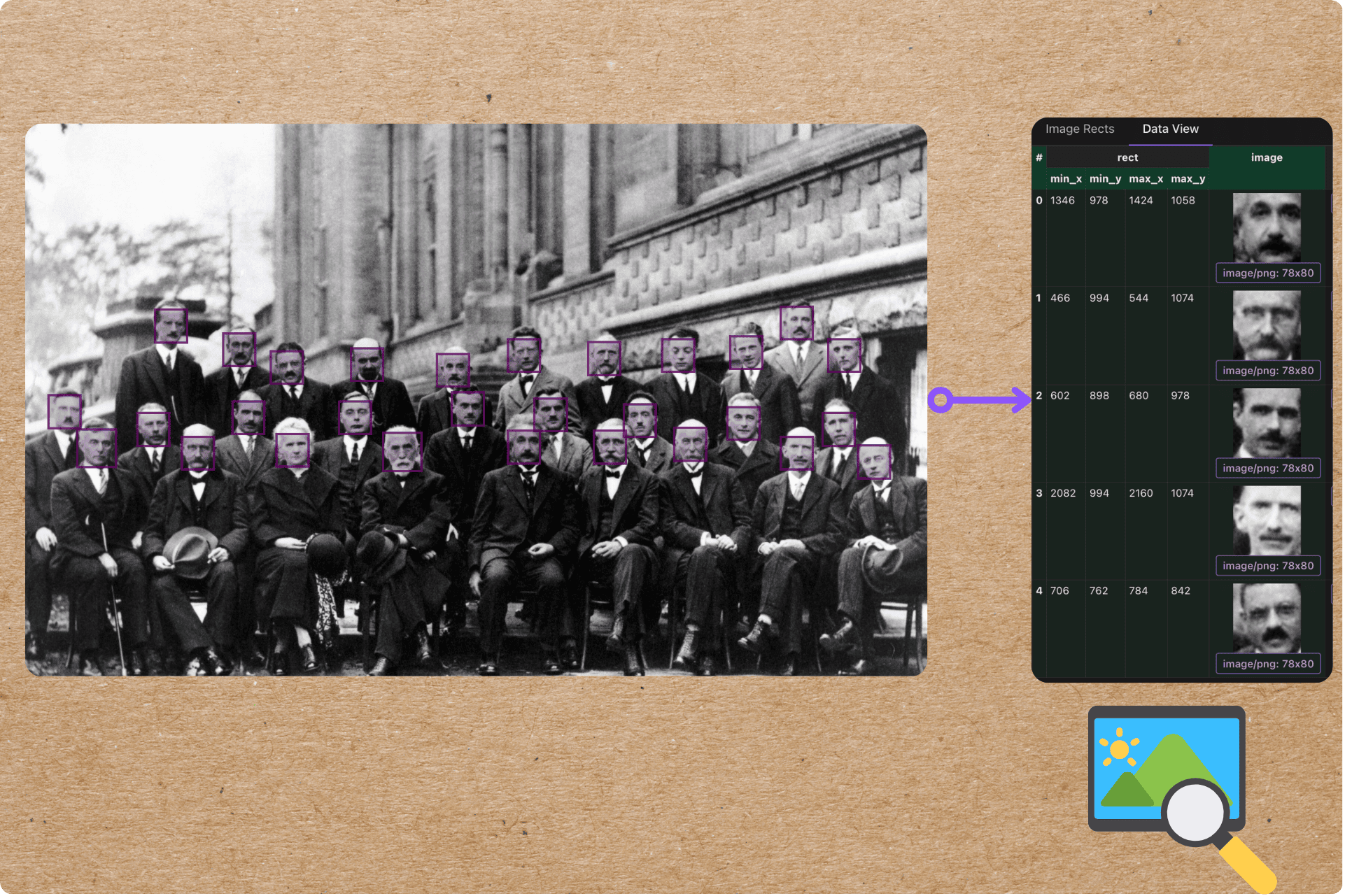
Edward Feser: Putnam on reason, reductionism, and relativism
"One of the best contemporary writers on philosophy" National Review "A terrific writer" Damian Thompson, Daily Telegraph "Feser... has the rare and enviable gift of making philosophical argument compulsively readable" Sir Anthony Kenny, Times Literary Supplement Selected for the First Things list of the 50 Best Blogs of 2010 (November 19, 2010)
Not all naturalists would put things that way, because the “special sciences” (i.e. everything other than fundamental physics) make reference to entities that, it is widely acknowledged, cannot be smoothly reduced to collections of particles. Hence for many naturalists, something is real if it can be fitted into the ontology of at least some special science or other, even if not strictly reducible to the particles recognized by fundamental physics. Hence, when philosophers speak of the project of “naturalizing” this or that phenomenon (mind, moral value, or whatever), what they mean is showing that it can be accounted for in terms of the concepts recognized by some science.
The late, great Hilary Putnam made an influential contribution to the project of naturalizing the mind with his version of functionalism. But in his later work he grew highly critical of this project. One example among many would be his essay “Why Reason Can’t Be Naturalized,” which is available in his Realism and Reason: Philosophical Papers, Volume 3 . To be more precise, what he criticizes in this essay is the view that our capacity for knowledge, specifically, can be naturalized. (In other work, he developed important criticisms of naturalistic theories of other aspects of the mind, such as his own earlier functionalist theory and naturalistic theories of intentionality.)












